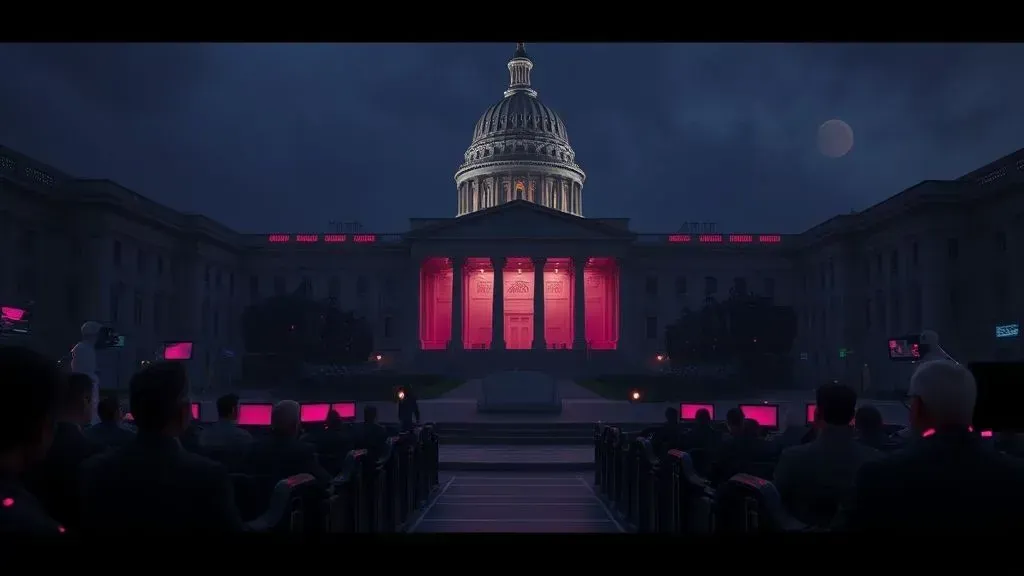
Over 70% of Americans now hold some form of digital assets, highlighting the urgent need for clear crypto . The US Senate's crypto market structure bill, aimed at dividing oversight between SEC and CFTC, has stalled due to partisan disputes. Democrats' recent counter-proposal intensifies debates on DeFi protocols.
Background on the US Crypto Framework Bill
Congress passed a stablecoin bill earlier this year, setting the stage for broader crypto rules. The current bill, known as the Responsible Financial Innovation Act in the Senate, builds on the House-passed CLARITY Act.
Lawmakers released a Senate draft in July 2025, targeting market structure and ancillary assets. Senate Banking Chair Tim Scott planned a September markup, but delays emerged from policy gaps.
Bipartisan talks involved 12 pro-crypto Democrats, despite opposition from figures like Senator Elizabeth Warren. Negotiations aimed to integrate crypto into existing regulation frameworks.
Democrats' Counter-Proposal Details
Democrats submitted a six-page DeFi proposal last week, focusing on illicit activity prevention. It empowers the Treasury to create a restricted list for risky protocols.
The plan defines control over DeFi entities narrowly and treats front-end services as intermediaries. This approach seeks to close regulatory gaps in decentralized systems.
According to Jacques Petit, communications director for Senator Ruben Gallego, Democrats delivered substantive input as requested, but Republicans leaked it and feigned surprise at differences.
Jeff Naft, spokesperson for Senator Tim Scott, countered that the document lacked legislative text and coherent ideas, calling it not a good-faith effort.
Industry and Republican Reactions
Crypto advocates criticize the proposal harshly. Blockchain Association CEO Summer Mersinger states it would effectively ban DeFi, wallet development, and other US applications.
Variant's chief legal officer Jake Chervinsky describes it as unserious and akin to a crypto , warning of a dangerous precedent for tech.
Republicans paused meetings until a markup date is set, per staff director Catherine Fuchs. This halt underscores deep divides in cefi regulation approaches.
Industry figures argue the rules make compliance impossible and drive innovation overseas. Digital Chamber's Zunera Mazhar notes the narrow decentralization definition risks ineffective oversight.
Implications for CeFi and Broader regulation
CeFi platforms may face heightened scrutiny under this framework, aligning with existing financial rules. The bill divides digital asset oversight, potentially clarifying cefi operations.
trends show increasing focus on risk-based approaches. However, the stall delays legal clarity, affecting market stability and investor confidence.
Analysts predict offshore migration if restrictive measures pass. This could weaken US leadership in blockchain technology.
Future Outlook for Crypto Legislation
Talks continue in the Senate Agriculture Committee on commodities aspects. Senator Cory Booker leads discussions with Republicans.
Senator Ruben Gallego affirms commitment to a bipartisan bill without artificial deadlines. Progress depends on resolving DeFi disputes.
Midterm elections may influence the bill's fate, per reports. Lawmakers must balance innovation with security.
This deadlock highlights the challenges in crafting comprehensive crypto regulation. It underscores the need for collaborative efforts to foster a robust cefi ecosystem.



